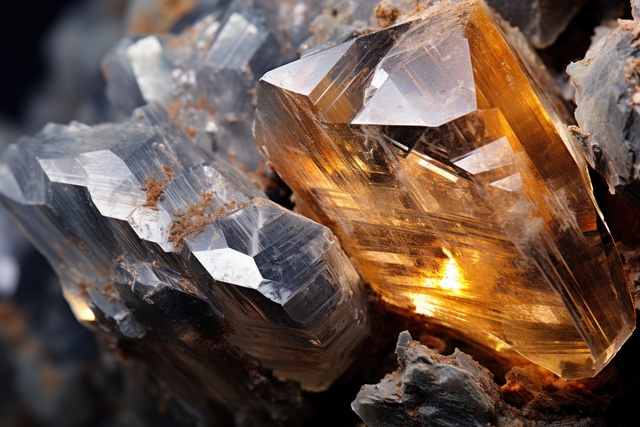A consortium of Central Public Sector Enterprises (CPSE) spanning three ministries is actively negotiating to acquire lithium assets overseas. The group is targeting operational mines and prospecting-stage projects across multiple continents, aiming to secure critical mineral resources essential for India’s transition to green energy.
Diverse Global Hunt Across Three Continents
The consortium and its individual members are exploring lithium asset acquisitions in Australia, Argentina, Chile, and several African nations. Due diligence is underway in Australia, joint venture discussions are progressing in Argentina, talks are being reconsidered in Chile, and new opportunities are being actively pursued in Africa.
Key Players in the Consortium
The consortium comprises Coal India (ministry of coal), KABIL (ministry of mines), and Oil India (ministry of petroleum). These entities are currently in talks to acquire stakes in operational lithium mines in Australia. Earlier, some PSUs were negotiating with a Chilean miner operating in Australia, and those discussions continue with modifications to the consortium’s composition.
India’s Strategic Need for Lithium
Lithium, often dubbed ‘white gold,’ is vital for India’s green energy transformation, underpinning technologies such as batteries, electric vehicles, mobile devices, and energy storage solutions. Currently, India is entirely dependent on imports for this critical mineral, making domestic access or secured overseas supply essential.
Joint Ventures and Agreements in Argentina and Beyond
In Argentina, Coal India is pursuing a 50:50 joint venture with Argentina’s YPF for lithium exploration, mining, and commercial development. The parties signed a non-binding agreement and plan to formalize binding arrangements once they identify specific lithium blocks.
Expanding Footprint in Africa and Chile
In Africa, India is exploring access to several critical minerals, including copper, cobalt, lithium, and platinum group elements. The Democratic Republic of Congo is a focus for cobalt and copper, while Zimbabwe offers prospects for platinum group metals, chrome, and lithium. India is primarily considering Mongolia for copper and coal assets.
Collaborative Efforts and Supply Agreements in Chile
In Chile, options for joint ventures, long-term supply contracts, and cross-border investments are under active consideration. Earlier this year, participants discussed these possibilities in detail during a roundtable organized by the International Copper Association, India.
Chile’s state-owned National Copper Corporation (Codelco) has signed an agreement with the Adani Group to supply metal concentrate to Adani’s $1.2 billion copper smelter in Kutch, Gujarat. Codelco is expected to begin deliveries later this year. Moreover, Codelco has entered a preliminary pact with Hindustan Copper to collaborate on mineral exploration and processing, further strengthening India’s mineral supply chain.
Moving Forward
The consortium’s broad, multi-continent approach reflects India’s strategic push to secure critical minerals essential for its energy transition and industrial growth. As reported by thehindubusinessline.com, details remain confidential due to ongoing negotiations. However, the effort signals a decisive step toward reducing import dependency and fostering sustainable domestic capabilities.

































